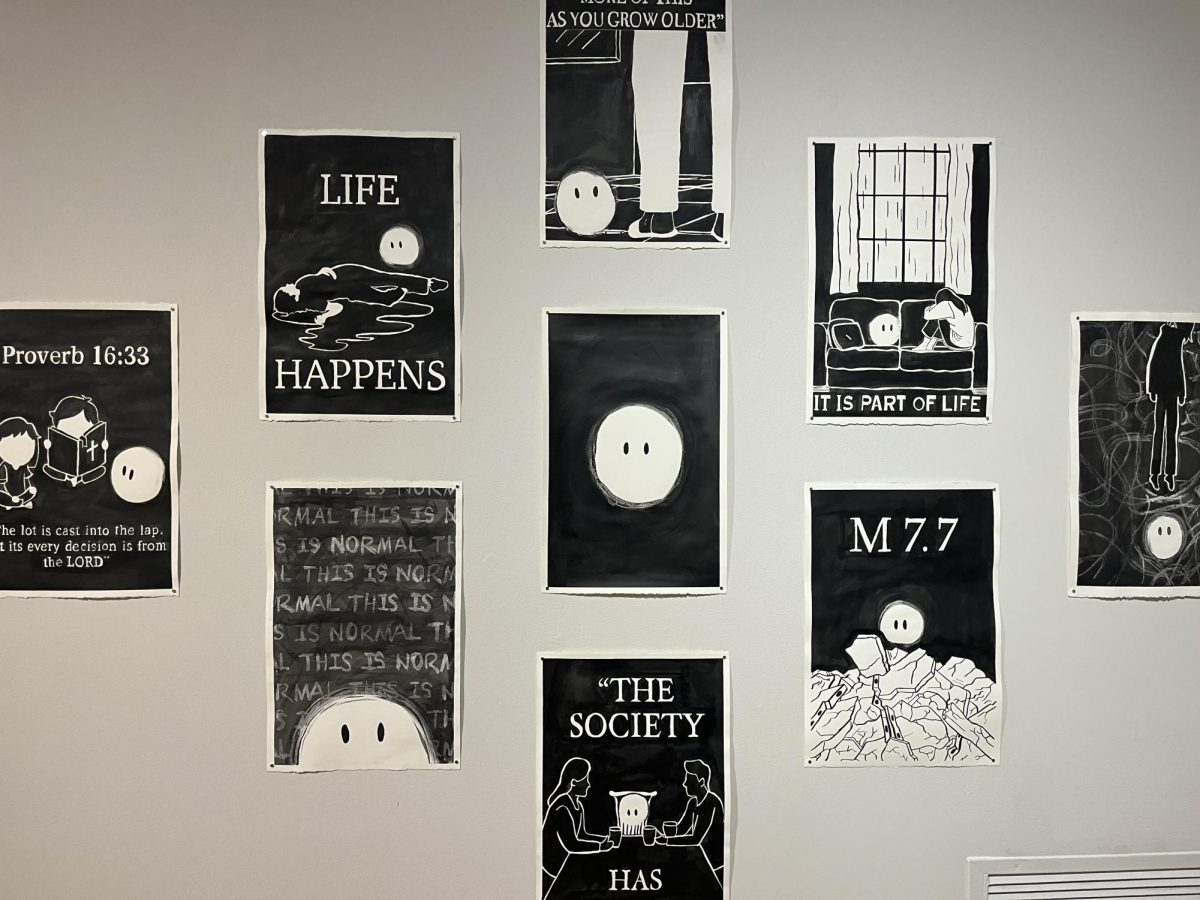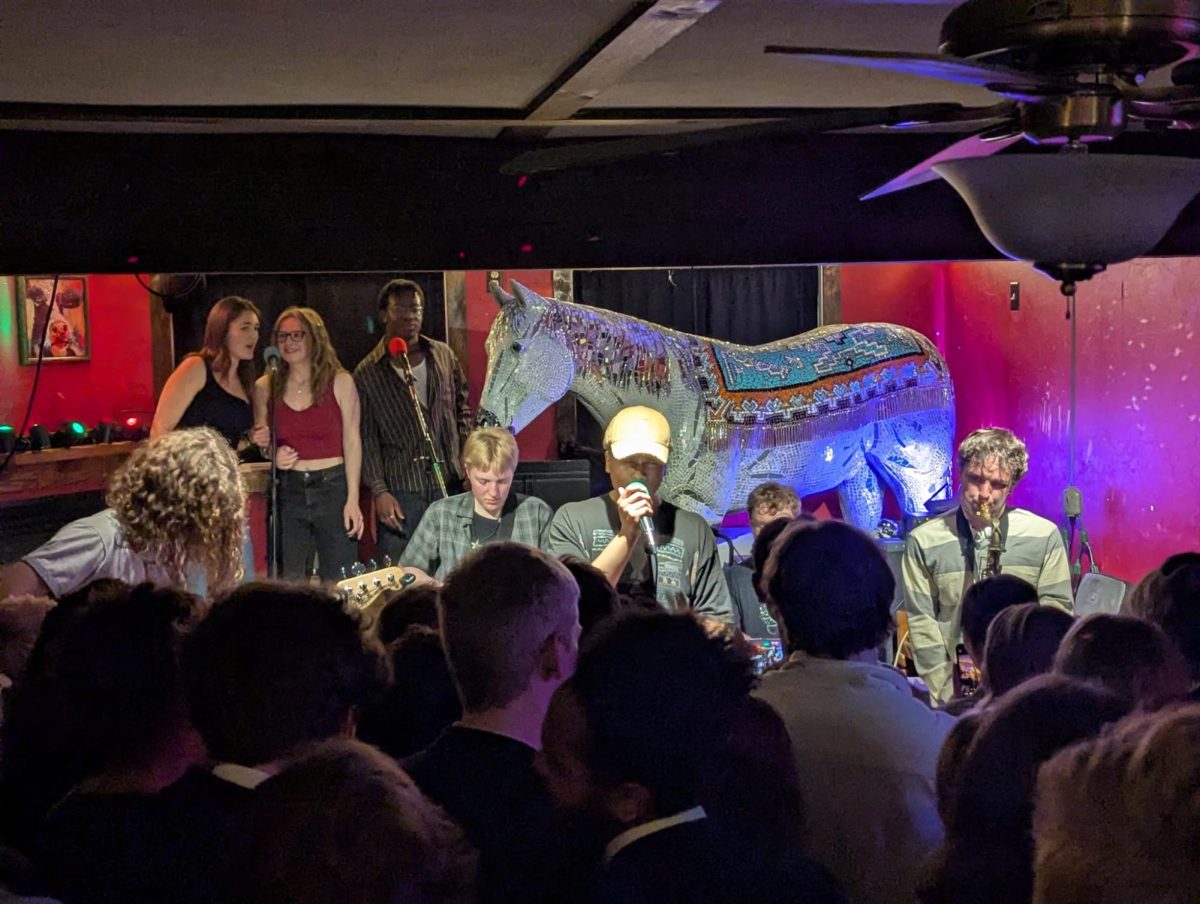St. Olaf theater students may wonder, “Where can I go in this field after graduation?” Ellen Baker ’88, is currently a production manager at the Children’s Theatre Company in St. Paul, Minn. But before her theater career began, she was first a student at St. Olaf. Baker was a triple major, choosing to study history, social studies education, and theater. Initially, she was unaware of what career opportunities existed in the theater world. She used a connection with Ole alum Kurt Gough ’88 to jump-start her career. The first 12 years of her career were spent working as a production associate and then as a manager at two theaters on the United States’ East Coast.
Ultimately, Baker returned to Minnesota to be closer to family and home. Her role as a production manager at the Children’s Theatre includes a vast array of responsibilities, essentially “overseeing everything on stage but the actors.” This means she is in charge of the costumes, props, lighting, scenery, and sound. Another aspect of production is planning shows for the future. Baker helps to create various calendar and budget scenarios. She hires and creates contracts for directors and designers, ensuring the logistical success of shows. It is her responsibility to take the director’s vision and make it happen on stage. This can mean making difficult budget decisions. The challenge lies in maintaining the integrity of the director’s vision, while also being financially smart.
Baker illustrated the nature of children’s theater to me. Compared to other types of theater, the idea of creating theater specifically for children is new. This means most of the scripts were produced more recently. She is in charge of balancing older shows with newer, more cutting-edge productions. For example, this fall and winter the Theatre will once again be showing “How the Grinch Stole Christmas,” a traditional favorite beloved by many. Yet this past fall, the Theatre showed “Babble Lab,” a new show that showcases the versatile nature of language. The constant movement of logistics and ideas means there is never a dull day at the Theatre.
When asked about tips for St. Olaf theater students, she emphasized the importance of “learning what’s out there.” This comes from intentionally exposing oneself to work in the arts. She notes it can be hard to see what’s out there. Baker encourages students to ask theater employees if they can shadow them for a day, to learn more about what certain jobs can look like daily. Later, she stated that “theater is a small business.” She highlighted the importance of making connections: with peers at St. Olaf, alumni, and possibly graduate school. Her first job, at Center Stage in Baltimore, came from a connection with an alum. The importance of making connections within this community should not be understated. Although Baker works specifically in theater now, these words of wisdom can be useful for students involved in any art areas at Olaf.
She said all St. Olaf students should keep in mind that “college is a special time… there is never anything else like it.” Most students only spend four years here. The plentiful opportunities that abound here are important to take advantage of. There are always chances to listen to a fellow student, professor, or outside guest speak on a topic. Or, to try a new activity or experience. The time to learn all you can is now. Life on the Hill should not be taken for granted, both for what it can give us now and how it can serve us in the future.



